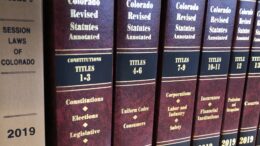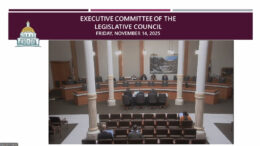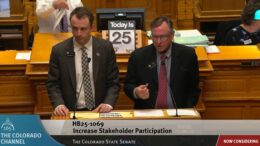Proposed ballot initiative would add ‘a fundamental right to know’ to Colorado’s constitutional bill of rights
An initiative for the fall ballot filed by the leaders of the Independence Institute and the League of Women Voters of Colorado would enshrine in the Colorado Constitution “a fundamental right to know the affairs of all levels of state and local government.”









